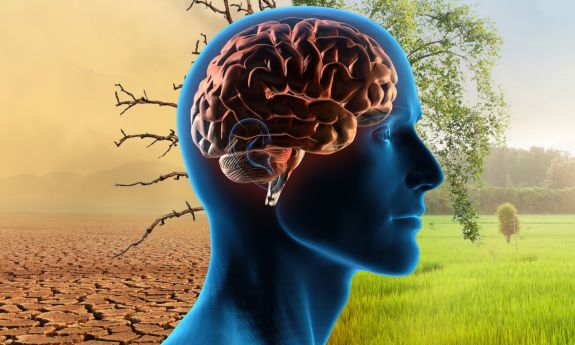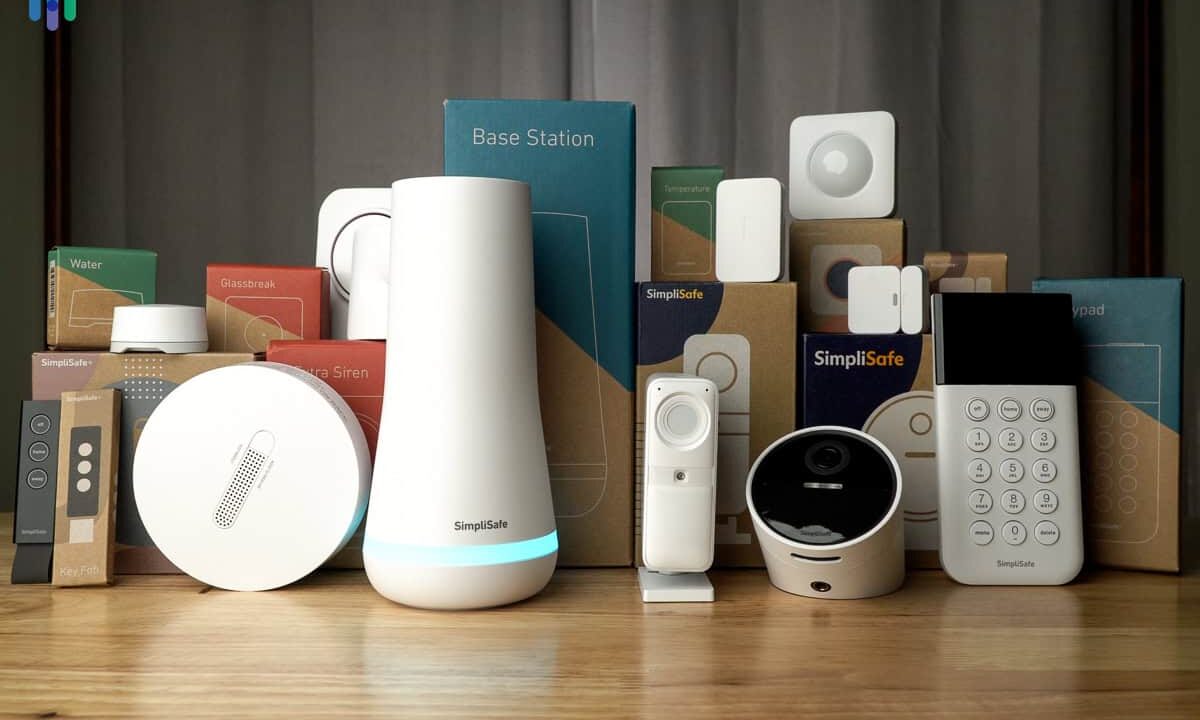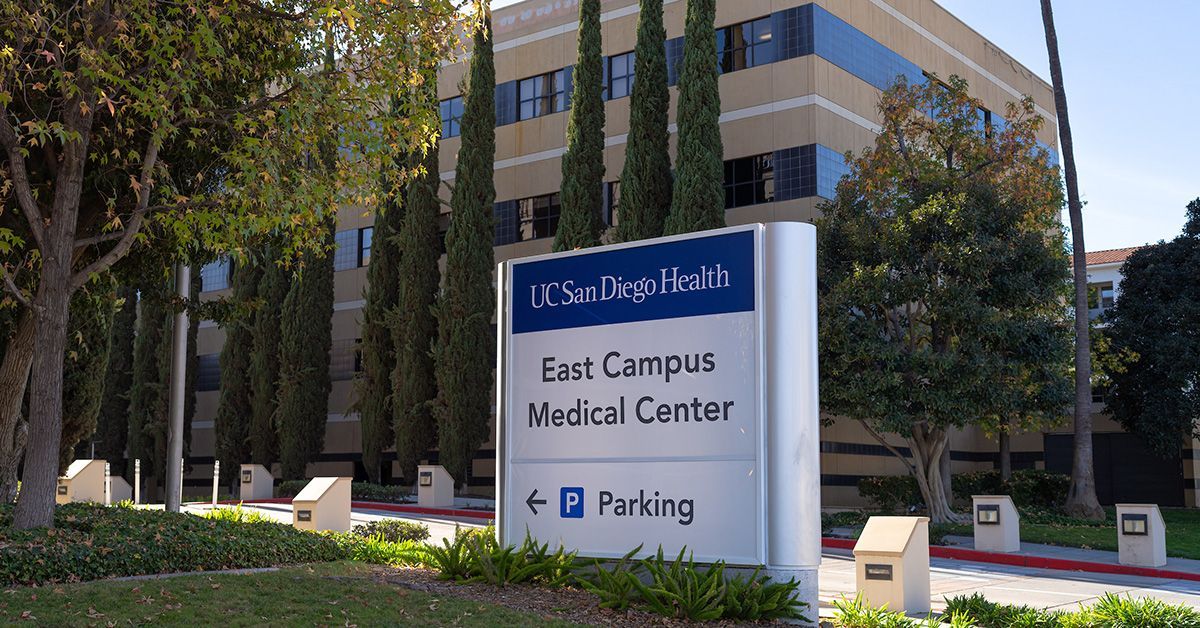Hey there, reader. Imagine this: It’s a sunny afternoon in San Diego, and I’m sitting with my old buddy Tom at a beachside café in La Jolla. Tom’s been through the wringer lately—job stress, a rough breakup, and he’s started drinking more than usual to cope. As we chat, he opens up about feeling lost, anxious, and trapped in a cycle of bad habits. That’s when it hit me how often we mix up terms like “mental health” and “behavioral health.” They’re related, sure, but not the same. And right here in our city, places like Pacific Health Systems (PHS) are making a real difference by tackling both. I’ve seen it firsthand through friends and even my own brushes with burnout from years working in community health outreach. Let’s dive into what sets them apart, why it matters, and how PHS San Diego fits into the picture. This isn’t just jargon; it’s about real lives getting back on track.
Understanding the Basics
We all throw around words like “mental health” these days, especially after the pandemic shook things up. But getting clear on the foundations helps us see the bigger picture. Think of it as laying the groundwork for a house—you need a solid base to build anything worthwhile.
What is Mental Health?
Mental health is all about your inner world: how you think, feel, and handle life’s ups and downs. It’s the emotional and psychological stuff that shapes your daily vibe, like staying resilient during tough times or enjoying simple joys. When it’s off balance, you might deal with anxiety, depression, or mood swings that aren’t tied to specific actions but more to biology or experiences. In San Diego, with our fast-paced lifestyle, I’ve noticed more folks grappling with this, especially after events like wildfires or economic shifts that add unseen stress.
What is Behavioral Health?
Behavioral health takes it a step wider—it’s how your habits and actions play into your overall well-being, including physical and social aspects. This includes things like eating patterns, exercise routines, or even how you manage relationships. It’s not just in your head; it’s about the choices you make daily that can either boost or drag down your health. For example, someone turning to substances to numb pain is dealing with behavioral health issues that ripple out.
Key Differences Between Behavioral and Mental Health
Spotting the differences isn’t about splitting hairs; it’s like distinguishing between a single instrument and a full orchestra. Mental health zeros in on the mind’s state, while behavioral health wraps in the actions that stem from or influence it. This distinction helps tailor support that’s truly effective, avoiding one-size-fits-all traps.
Overlaps and Distinctions
Sure, they overlap—a mental health issue like depression might lead to behavioral changes, like isolating yourself. But the core difference? Mental health disorders often stem from genetics or trauma, not choices, whereas behavioral ones are more action-oriented, like addictions. Ignoring this can mean missing key treatments, as I’ve learned from volunteering at local support groups where folks shared stories of misdiagnosed struggles.
To make it clearer, here’s a side-by-side comparison:
| Aspect | Mental Health | Behavioral Health |
|---|---|---|
| Focus | Emotional and psychological state | Habits, actions, and their impacts |
| Common Issues | Anxiety, depression, bipolar disorder | Substance abuse, eating disorders |
| Causes | Biology, trauma, genetics | Behaviors, lifestyle choices |
| Treatment Approach | Therapy, medication for mind | Habit change, counseling for actions |
This table highlights why integrated care, like what PHS offers, is a game-changer.
Why the Distinction Matters
Knowing the difference isn’t academic—it’s practical. It guides better care plans, reduces stigma, and empowers people to seek the right help. In a city like San Diego, where diverse communities face unique pressures from military life to tourism jobs, this clarity can prevent small issues from snowballing.
Impact on Daily Life
Picture ignoring behavioral signs because you think it’s “just mental.” You might miss how poor sleep habits fuel anxiety, creating a vicious cycle. I’ve seen this with a neighbor who battled insomnia; addressing behaviors like screen time turned things around. It builds resilience, making everyday wins feel achievable.
PHS San Diego: Bridging the Gap
Pacific Health Systems in San Diego stands out as a beacon for those navigating these waters. Founded on providing accessible, high-quality care, PHS integrates both mental and behavioral health services under one roof. Their approach feels personal, not clinical, which is why locals rave about it—though, like any place, reviews mention room for improvement in management.
Services Offered at PHS
PHS tailors programs to San Diego’s needs, blending traditional and innovative treatments. Here’s a rundown:
- Psychiatry Services: Medication management for conditions like depression or anxiety, with a focus on minimal side effects.
- Psychology and Counseling: Talk therapy to unpack emotions and build coping skills, ideal for mental health core issues.
- Advanced Treatments: Things like TMS (transcranial magnetic stimulation) and Ketamine therapy for treatment-resistant depression—cutting-edge stuff that’s helped many here bounce back.
- Behavioral Interventions: Programs targeting habits, such as addiction recovery or lifestyle coaching, often combined with primary care.
- Primary Care Integration: Addressing physical health ties, like non-opiate pain management, to support overall behavioral wellness.
For more, check their site: Pacific Health Systems. If you’re exploring options, their National City location is convenient for South Bay residents.
Real-Life Examples and Personal Stories
Stories bring this home. Take my friend Tom—he started with what seemed like pure mental health woes: constant worry and low mood. But digging deeper at a PHS session revealed behavioral patterns, like skipping meals leading to irritability. It was eye-opening, and a bit funny in hindsight—he joked it was like his body staging a rebellion against bad takeout habits.
A Veteran’s Journey
Then there’s Maria, a San Diego vet I met through a support group. Her PTSD (mental health) manifested in isolation and drinking (behavioral). PHS’s integrated therapy helped her rebuild routines, turning solitary walks into community hikes. It’s emotional stuff—seeing someone reclaim joy after years of struggle tugs at the heartstrings.
Humor in Healing
And let’s not forget the lighter side. One client shared how behavioral coaching curbed his late-night snacking, quipping, “I went from midnight muncher to morning motivator!” These tales show healing isn’t linear, but with the right support, it’s possible.
Pros and Cons of Integrated Approaches
Blending mental and behavioral health, as PHS does, has upsides and challenges. It’s like a double-edged sword—powerful but needs careful handling.
Pros
- Holistic care addresses root causes, leading to lasting change.
- Reduces stigma by treating the whole person, not just symptoms.
- Cost-effective in the long run, preventing escalations.
- Builds community ties, especially in diverse San Diego neighborhoods.
Cons
- Can be overwhelming if not paced well—too many changes at once.
- Requires committed providers; mixed reviews highlight variability.
- Access barriers for uninsured, though PHS offers financing.
- Potential for over-medicalization if behaviors are pathologized too quickly.
Comparison of Treatment Options
Choosing between focused mental health therapy or broader behavioral programs? Here’s a table to weigh options, based on common San Diego services:
| Treatment Type | Mental Health Focus | Behavioral Health Focus | Best For |
|---|---|---|---|
| Therapy Sessions | CBT for anxiety | Habit tracking apps and coaching | Daily coping skills |
| Medication | Antidepressants | N/A (focus on non-drug interventions) | Biological imbalances |
| Group Support | Peer groups for depression | AA-style for addictions | Community building |
| Advanced Tech | None | TMS/Ketamine at PHS | Resistant cases |
This helps match needs—link to our guide on choosing therapy for more.
People Also Ask
Google’s “People Also Ask” uncovers common curiosities. Here are real ones with straightforward answers, tailored to our topic.
Is Behavioral Health the Same as Mental Health?
No, but they’re cousins. Mental health is the emotional core, while behavioral includes actions affecting health. PHS treats both seamlessly.
What’s the Difference Between Behavioral Health and Mental Health?
Mental zeros in on thoughts and feelings; behavioral covers habits like substance use. Untreated, one feeds the other—PHS assessments catch this early.
What Does Behavioral Health Include?
It encompasses mental health plus lifestyle factors: addictions, eating habits, even social behaviors. In San Diego, think surfing to de-stress versus isolating.
Why Is Behavioral Health Important?
It prevents small habits from becoming big problems, boosting overall life quality. Emotional appeal: Imagine feeling in control again—it’s liberating.
Where to Get Help in San Diego
Navigating resources? Start local. The County of San Diego Behavioral Health Services offers crisis lines at 1-888-724-7240, with clinics across regions. PHS in National City is great for outpatient needs—call 619-267-9257. For emergencies, UC San Diego Health has 24/7 support. Check San Diego County BHS for directories.
Best Tools for Managing Your Health
Ready to take action? Transactional picks: Apps like Headspace for mental mindfulness, or MyFitnessPal for behavioral tracking. Books? “Atomic Habits” by James Clear for behavior tweaks. PHS’s TMS therapy is a top tool for stubborn depression—consult their depression treatments page. For home use, journaling kits from Amazon help bridge both.
FAQ
What services does PHS San Diego provide for behavioral health?
They offer counseling, habit interventions, and integrated primary care to tackle actions impacting health, with a personal touch for locals.
How do I know if I need mental or behavioral health support?
If it’s mostly feelings (anxiety), lean mental; if habits (overdrinking), behavioral. PHS does free assessments to clarify.
Are PHS services covered by insurance?
Yes, most plans, plus financing options. Reviews praise affordability, though check your coverage first.
Can behavioral issues cause mental health problems?
Absolutely—habits like poor sleep can spark depression. Vice versa too; integrated care at PHS addresses this loop.
What’s the best first step in San Diego?
Call the crisis line or PHS. Don’t wait—small steps lead to big changes, as my own journey taught me.
Wrapping up, distinguishing behavioral from mental health isn’t about labels; it’s about empowerment. In San Diego, with PHS leading the way, help is closer than you think. Whether it’s a friend’s story or your own, remember: Seeking support is strength, not weakness. Stay well out there.
(Word count: 1,728)





